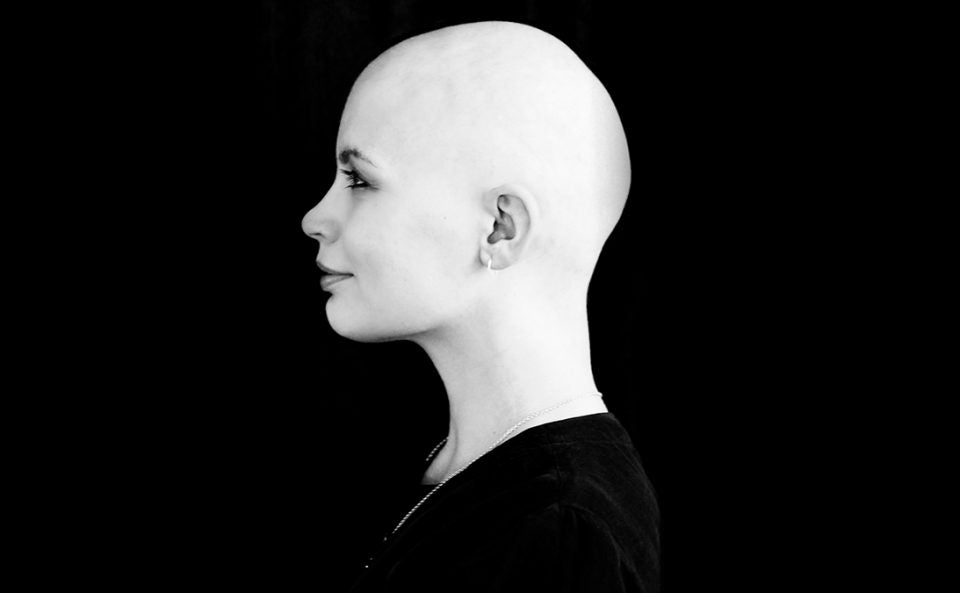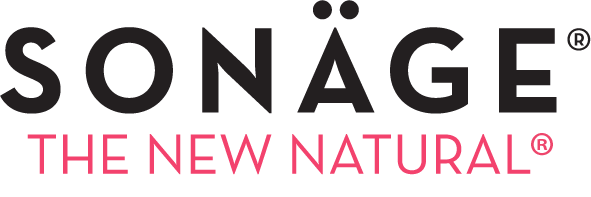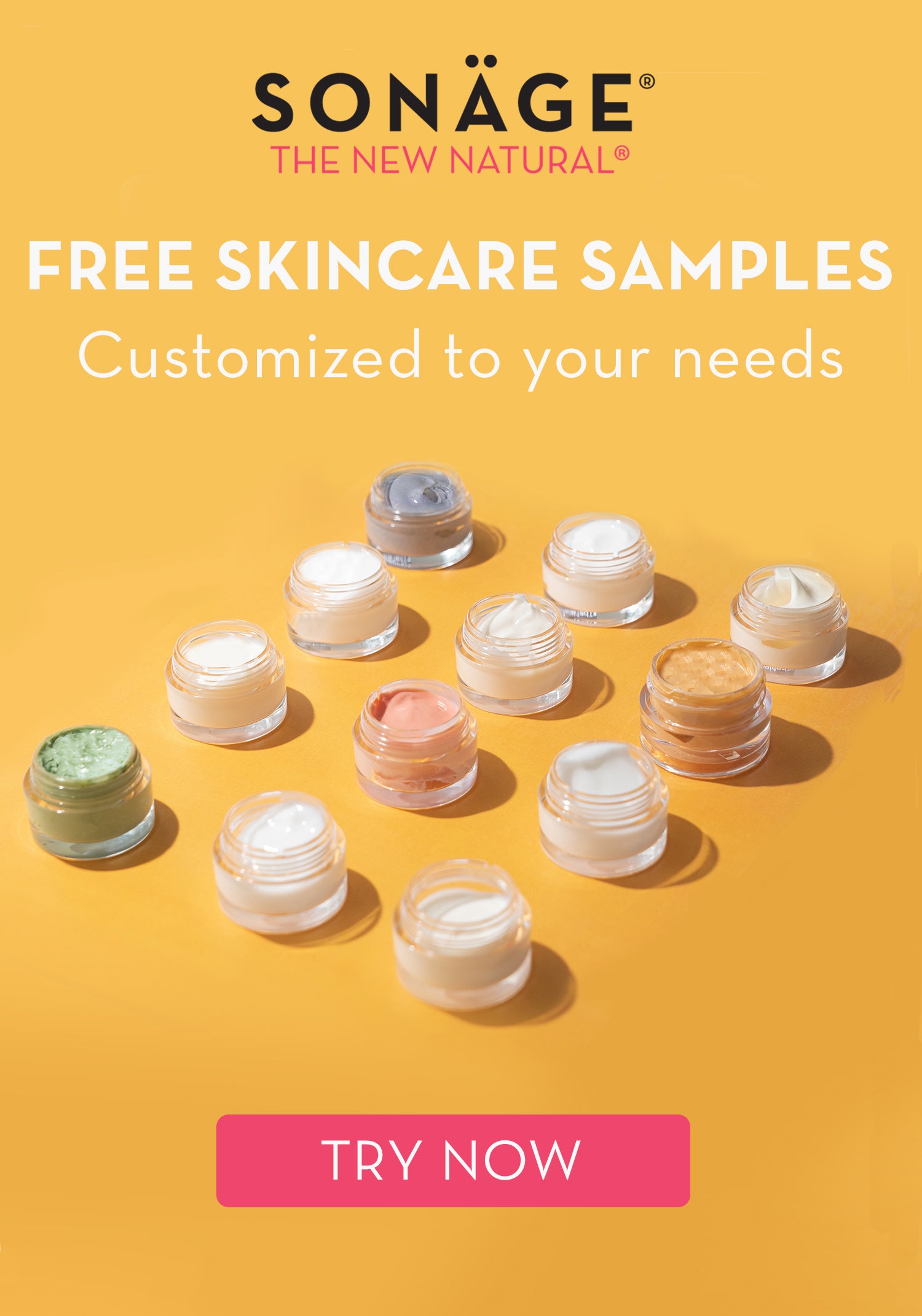
AT A GLANCE
-
WHAT IT IS
Johanna Bjork speaks about her journey as a breast cancer survivor -
WHAT IT DOES
With Breast Cancer Awareness Month, we wanted to highlight one of our collaborators, Johanna Bjork, who has helped us with our most recent rebrand of Sonäge Skincare. She is an entrepreneur, mother, visual activist and also a breast cancer survivor. Read more about she fought her battle.
Meet Johanna- A Breast Cancer Survivor
With Breast Cancer Awareness Month underway, we would like to introduce you to one of our collaborators. Johanna Björk is a designer and graphic artist who worked with us on our recent rebrand of Sonäge Skincare. She is not only an entrepreneur, mother and visual activist, but also a breast cancer survivor.
Hi Johanna, thank you for taking the time to talk to us. Our first question is, how did you first find out about it?
Like many other women, I found a lump. This is why self-exams are so important. We know our bodies better than anyone else, and doing exams on a regular basis is the absolute best way to stay on top of breast health. The minute you feel someone out of the ordinary, go see a doctor. If they tell you that you’re too young, please fight for your right to an exam. I was 33, which seems young but really isn’t anymore when it comes to breast cancer. There are more and more cases of high school girls and women in their early 20s being diagnosed. The youngest woman I have ever heard of was 8. So never assume it’s nothing because you’re young. I was breastfeeding my 9-month-old daughter at the time, so I kind of assumed the lump I felt was just something related to that. It turns out cancer among new moms is actually very common. This is not talked about nearly enough. Here’s a great article that outlines some facts about postpartum breast cancer.
How did the physical changes affect you mentally/emotionally?
I mean, going through anything that radically changes your body and your appearance is very difficult. Especially for relatively young people. Losing my hair was definitely a challenge. I experienced some loss of cognitive function and memory — chemo brain, they call it. Most of that is probably almost back to normal now, but I will never be the same as before cancer — physically, mentally or emotionally.
Did you have a family history?
Yes. My mother had just been diagnosed for the second time. Because of that, the doctors did an investigation and it turned out we both have a BRCA-1 gene mutation. People freak out about that, but the truth is that how you live is much more important than your genes. 90% of breast cancer cases occur in women with no family history.
What advice would you give someone who doesn't have a family history but has been diagnosed - is there anything you can do to prepare?
I don’t know if family history can do anything to prepare you for a diagnosis. It’s very different when it’s you. I guess people with a history of cancer in their immediate families tend to be more aware and take any signs of disease more seriously. For anyone who is diagnosed, I would say try to find people who can relate to what you are going through. Don’t freak out. Many cancers are highly treatable and have low mortality rates, so it’s not a death sentence. First, I would advise you to clean up your diet. The most important thing you can do is ditch sugar completely, even “natural” sugar like honey, maple, syrup, agave, etc. Cancer loves sugar and the last thing you want to do is put (literal) fuel on that fire. Even though this is a scientifically proven fact, all my doctors refused to acknowledge sugar’s role in cancer proliferation and told me to eat whatever I wanted (“cake, candy, whatever you want, just don’t lose weight”). This completely infuriates me because it’s actually harmful advice. Always remember that you are ultimately in charge of your health. Unfortunately, our medical system is so broken that it puts a lot of responsibility on patients to be our own advocates. Take charge. Inform and educate yourself, and explore your treatment options carefully.
How did this experience affect what choices you make with your beauty/personal care products?
I was very aware of this even before my diagnosis, but what you put on your body is as important as what you put in your body. Toxins penetrate the skin easily, so cleaning up your beauty routine should be a no-brainer for everyone, not just people diagnosed with cancer.
What advice would you give to people who know someone with breast cancer - how can they best support them?
Just being there is what really matters. If it’s someone very close, offer to come with them to treatments or checkups. When you’re going through treatment you spend so much time in hospitals, infusion centers and other places that are not necessarily uplifting. Having someone come along definitely makes those experiences more positive. Don’t treat them any differently than you did before. Be careful about offering well-meaning advice — that gets old very quickly — and please don’t share stories of someone-you-know who had cancer and died. Just have a normal conversation. Ask what they need. Offer to bring food. Take them out to lunch. Do not be afraid to reach out because you don’t know what to say or don’t want to “bother them.” That person is still the same person they were before cancer came into the picture. Breast cancer is so common now, chances are we will all be touched by it at some point in our lives. As someone who has been through it, I share my story in hopes that it can help people going through a hard time, whether that’s breast cancer or any other health challenge. It hasn’t been an easy ride, but I’ve been cancer-free for over three years now, and am happy to report that I am healthy, happy and thriving. 
According to the World Cancer Research Fund International, breast cancer is the most common cancer in women and the second most common cancer overall. Sonäge is donating proceeds from your purchases this month to The Keep A Breast Foundation, which was founded by Shaney Jo Darden in 2000. The proceeds will help empower young people around the world with breast health education.
You can find Johanna on instagram. Her design studio is based in Ojai, CA, and she also has an online shop where she sells minimalist printed works of art. Photos by Marc Alt
